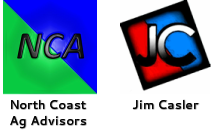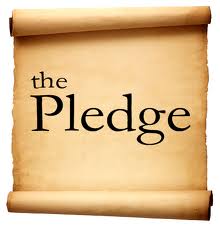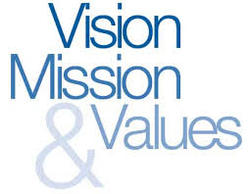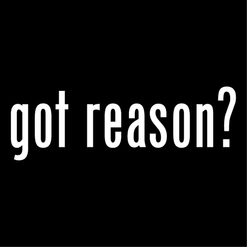| We began our journey together in February 2013 with some broad and general topics of discussion about succession planning for family businesses, including personal finances, time horizons, on-farm and off-farm family concerns, generational differences, your planning team and some general steps of the planning process. This past summer has been devoted to the key to long lasting family farms (and businesses in general) with introducing the concept of developing and maintaining a management system -- a way of doing business. These discussions began with foundational items that explored your business philosophy, vision, mission, goals, etc and most recently finished-up with a communications platform for your family business, including a code of conduct, meeting schedules, conflict resolution and personal accountability |
Now is a good time to move into another phase of your management system that explores the concept of how your family business is organized…how decisions get made and by whom? There are multiple reasons why this is becoming increasingly more important in today’s modern agriculture.
A bigger and more diversified operation with multiple entities is commonplace in today’s agricultural world. This is simply a matter of survival which requires growth to remain competitive. Certainly growth can come in many forms, but suffice it to say that the capital intensity and high-tech nature of modern agriculture demands more and more skills than in years past. As farms grow, more partners and owners work together. This increased complexity requires a more defined organizational structure.
| Today’s “Next Generation” has choices. Years ago, a college education was not necessarily common on the family farm. Today, college educated children, grandchildren, nieces and nephews are very common and have prepared them for many more opportunities other than simply “returning to the farm”. That can no longer be assumed and successor generations can no longer be expected to come home to be laborers. Your higher educated children want to apply these specialized skills, participate in management and decision-making and eventually participate in ownership in the family business, but only if the right opportunity exists in your family business. |
| The evolution from a management system with a clearly defined boss and decision-maker to a system that defines specific roles, responsibilities and authority within your family business is key to being able to attract and retain today’s more educated and technically competent family members and employees. Otherwise, they will go somewhere else. While it is still a requirement to be a good producer, today’s successful farm managers are increasingly more skilled at managing people, resources, technology and information…not just crops or livestock. |
Transferring Responsibility - Delegation
To keep things simple, there are only a few questions that must be answered:
- What are the main roles for each person in the business?
- Who makes the decisions in each area of responsibility?
It has already been established that today’s agriculture is too complex for one person to be technically skilled to handle all areas of the business. At the same time, making everyone responsible for everything is a fool’s theory. So, we must specialize and divide areas of responsibility. A common client question reasonably follows: “How do we structure things and keep everyone happy?”
Well that’s the $64,000 question!
"I'm going from doing all of the work to having to delegate the work - which is almost harder for me than doing the work myself. I'm a lousy delegator, but I'm learning." | One of the hardest skills to learn is that of delegation. In general, today’s senior generation farmers were strong, do-it-themselves, sole operators most of their adult lives. For management to transition smoothly, learning to delegate is some of the hardest work that these successful business men (and women) will ever need to perform. It’s a skill that can be learned, just as any other. So, if the will is there, it can be done. A simple process for delegating duties is to:
Simply stated:
|









 RSS Feed
RSS Feed
